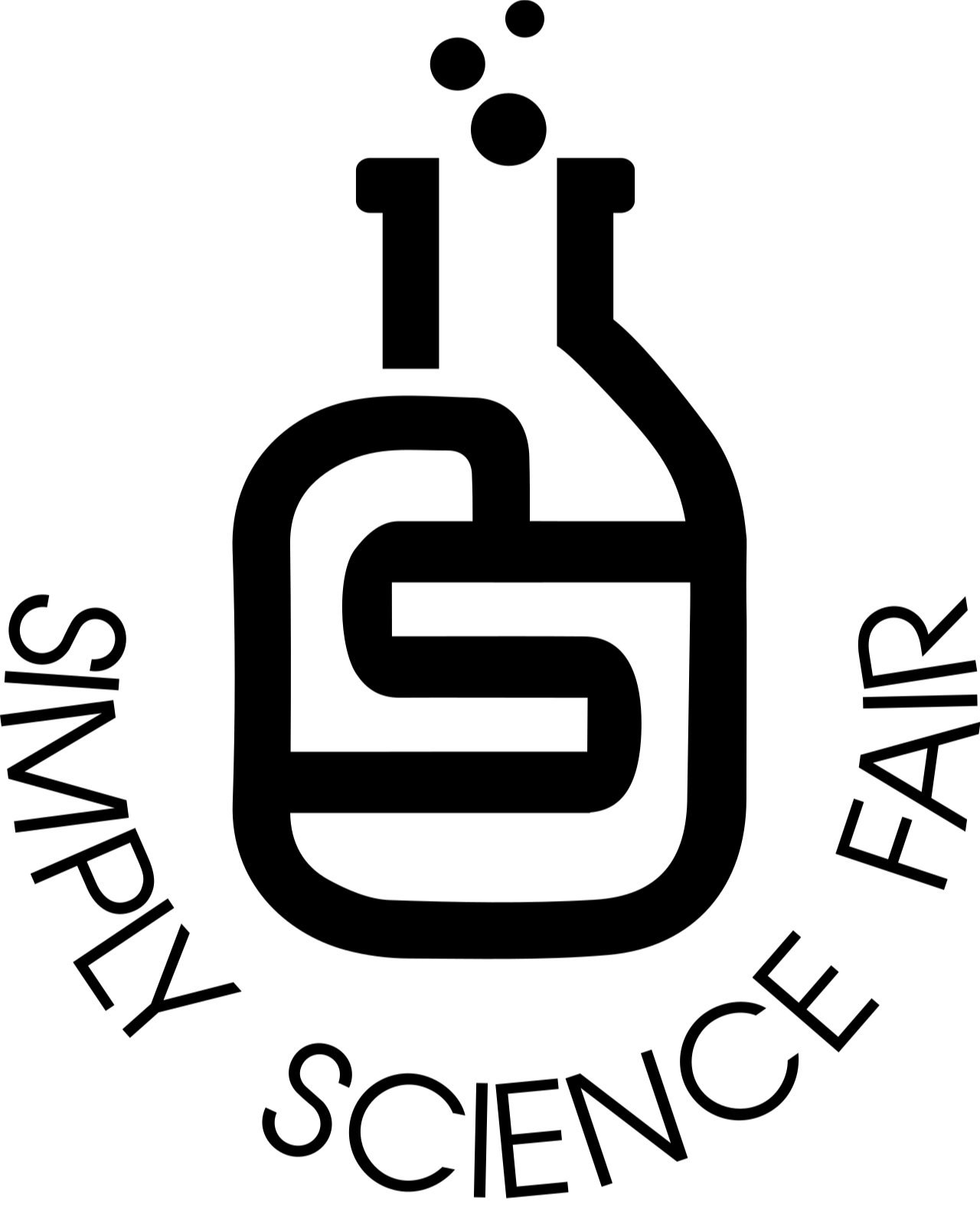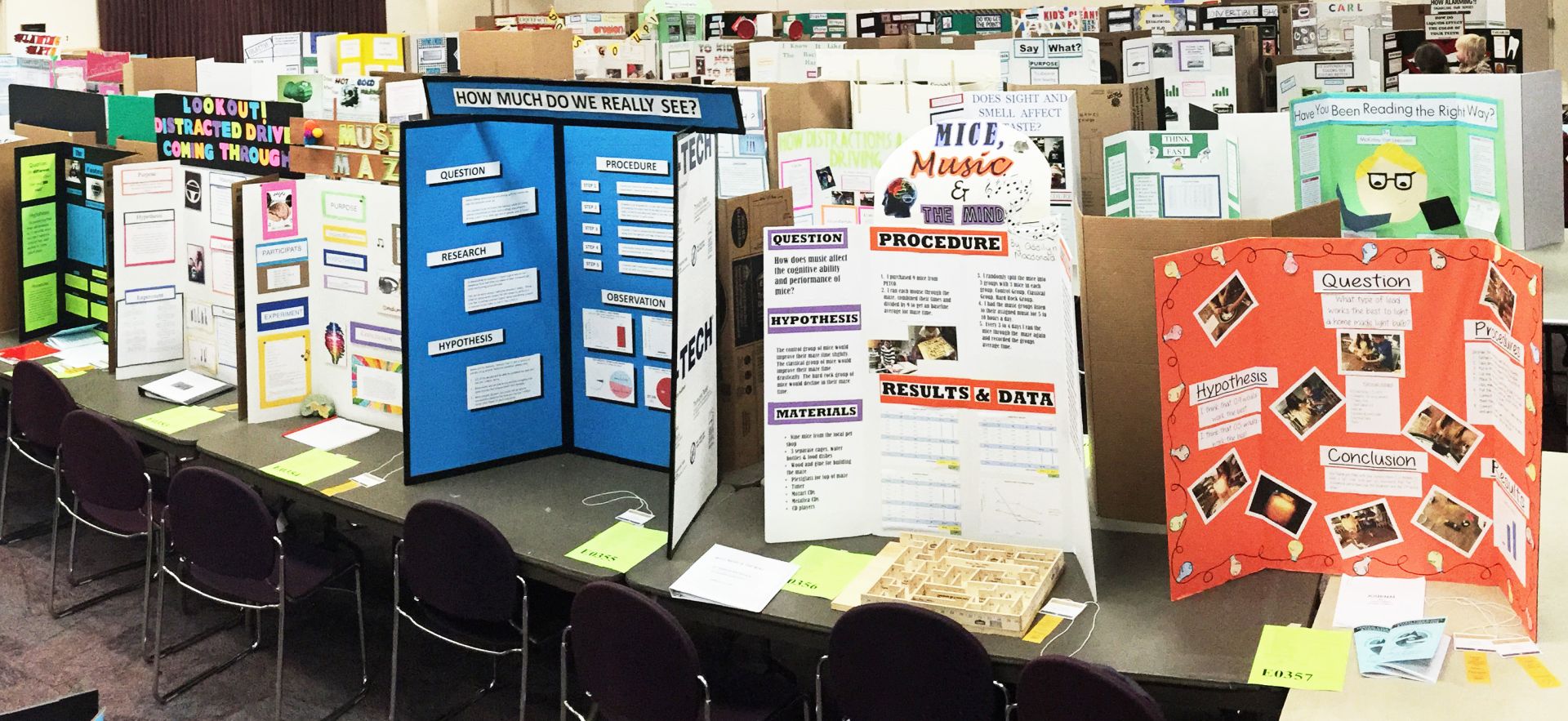
Dec 13 • N Smith
3 Reasons Why Science Fairs Are Essential for Students (+ Benefits & Tips)

While Science Fair might bring mixed feelings, I’m here to tell you that the benefits far outweigh the negatives! It might seem like just another extra project for teachers, students, and parents, but it’s not—it’s actually a valuable experience for both you and your student.
Let’s review three of the benefits of science fair projects
Let’s review three of the benefits of science fair projects
1. Science Fair Projects Meet State and Federal Education Standards
- Completing a science fair project can help meet many state and federal education standards, including Common Core and state-specific standards of learning, by fostering critical thinking, problem-solving, and interdisciplinary skills. This makes science fair a practical and effective way to achieve academic benchmarks.
2. Science Fairs Are a Perfect Interdisciplinary Learning Experience
- While completing a science fair project, students draw on Math, English Language Arts, Science, and Art. In a typical project, students use Math to calculate averages, take measurements, and create or interpret graphs based on the data they collect. They aren't just talking about science - they're DOING it - learning, applying, and completing the scientific or engineering process.
- English Language Arts plays a role throughout the project as students research using primary sources, take notes, and write up detailed explanations for their science fair board. They also prepare and present their findings to their class or judges. And let's not forget the visual arts! Students use creativity to design their project boards, whether physical or digital. Whew - it really does cover a lot!
3. Science Fair as an Introduction to Project-Based Learning
- You might wonder what the point of completing a science fair project is or how it benefits your student in the future. Let me assure you - it is 100% relevant to their future and often serves as their first exposure to skills they'll use in a job one day. Here's how: the student (or future employee) is presented with a problem. They must research the issue, conduct experiments, and find viable solutions. From those solutions, they draw conclusions and present their findings - whether to a teacher now or, someday, to a boss. This process mirrors real-world problem-solving, where their solution and methods are evaluated, either by a teacher grading the project or a supervisor assessing the feasibility of their work.
- With a science fair project, your student has the opportunity to choose the problem or question they want to solve. This choice is crucial for their first experience with project-based learning, as it allows them to incorporate a personal passion into a school project.
Empty space, drag to resize
When all is said and done, science fairs help create well-rounded students by providing hands-on experience and supporting teachers in meeting curriculum requirements. A key element of project-based learning is encouraging students to choose a project they are passionate about. This fosters internal motivation and helps them answer questions that are directly relevant to their lives and interests.
Ready to get started with a science fair project? Explore our program for step-by-step guidance through the entire process, starting with selecting the perfect science fair project for you!
